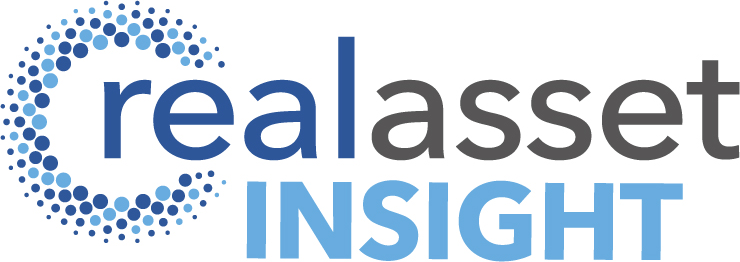Outlook 2023: ESG compliance a must to preserve assets’ value
The need to be ESG-compliant is changing the French real estate market, experts agreed at Real Asset Media’s European Outlook 2023 – Focus on France briefing that was held recently at Taylor Wessing’s Paris offices.

“Sustainability used to be just a word, but now it’s a goal for everyone, owners, developers and tenants”, said Jean-Marc Blanc, Managing Director, Head of France & Belgium, Trammell Crow Company. “It has become a reality. Today it helps preserve the value of your asset, but in the future it will help you achieve rental growth. We’re already seeing the beginning of that rental growth”.
There is a growing acceptance among investors, lenders and operators that ESG compliance is a necessity even if there is no immediate or tangible reward.
“The ESG topic is a new thing”, said Benjamin Cartier-Bresson, Head of Paris office, Berlin Hyp. “For the first time you have to deploy money to protect the value of your asset rather than to create value. It can be quite frustrating as it’s a substantial investment, but it keeps the asset liquid and of course it’s good for the planet”.
Unlike a few years ago, people now are prepared to invest to make their buildings sustainable, but there is still no clear framework or comparable labels.
“There was a lot of greenwashing in the last few years, but institutional funds now are a lot more committed and professional”, said Alfred Fink, Partner, TaylorWessing. “The comparability of labels is a real issue, as rules in Germany are different from France, for example, so you have to look at and drill down into every single asset to have a clear idea”.
On the financing side, more and more lenders are issuing green bonds, but there is no agreed definition of what a green bond is, so each institution has to come up with its own rules.
“It’s super complex and every institution has its own set of criteria”, said Cartier-Bresson. “For us at Berlin Hyp an office building in Paris it’s green as soon as the energy consumption is less than 140 KWh per m2 per annum. We don’t claim our criteria are the best, but they are clear and easy to communicate”.
As a German lender, Berlin Hyp has an obligation to determine the ESG rating of each transition and also to ensure that the asset stays green over the life of the loan. It is work in progress, but the combination of EU Taxonomy, individual countries’ rules and companies’ own efforts are leading to real change on the ground. “The good thing is that ESG cannot be done half-heartedly anymore”, said Cartier-Bresson. “It must be done well”.




